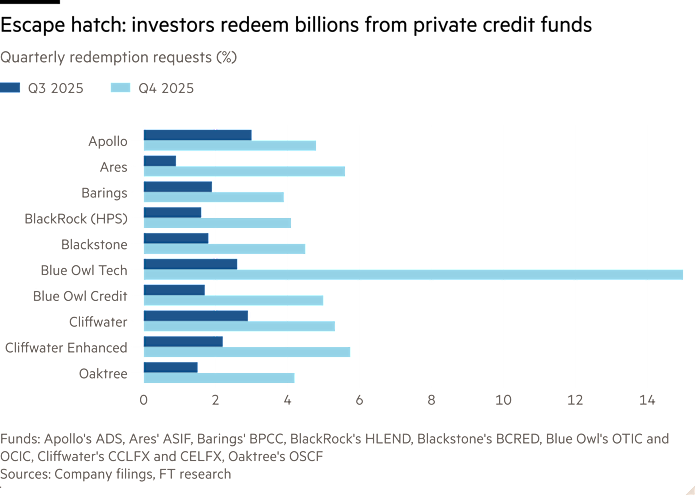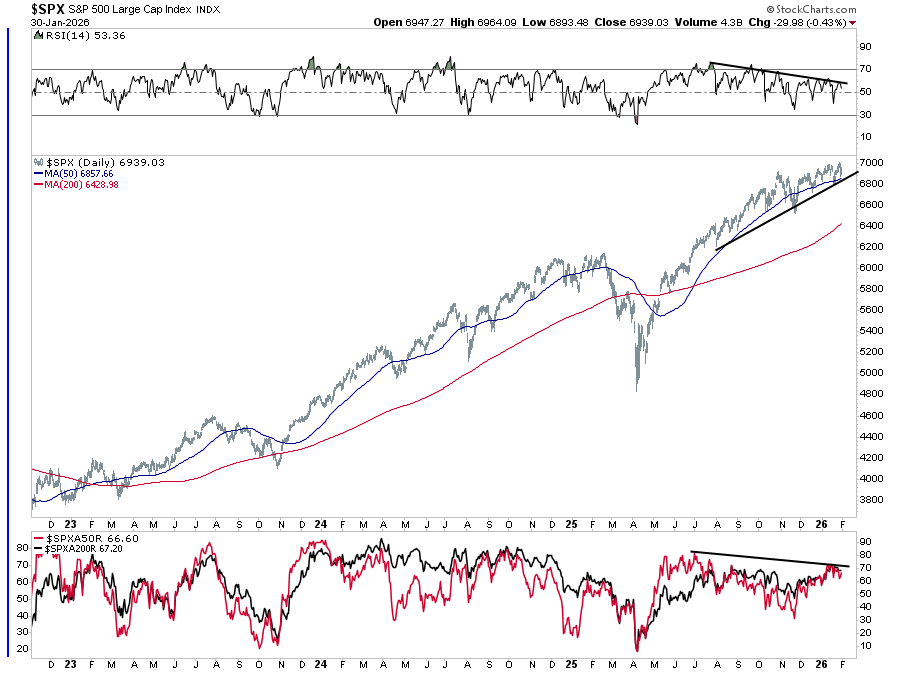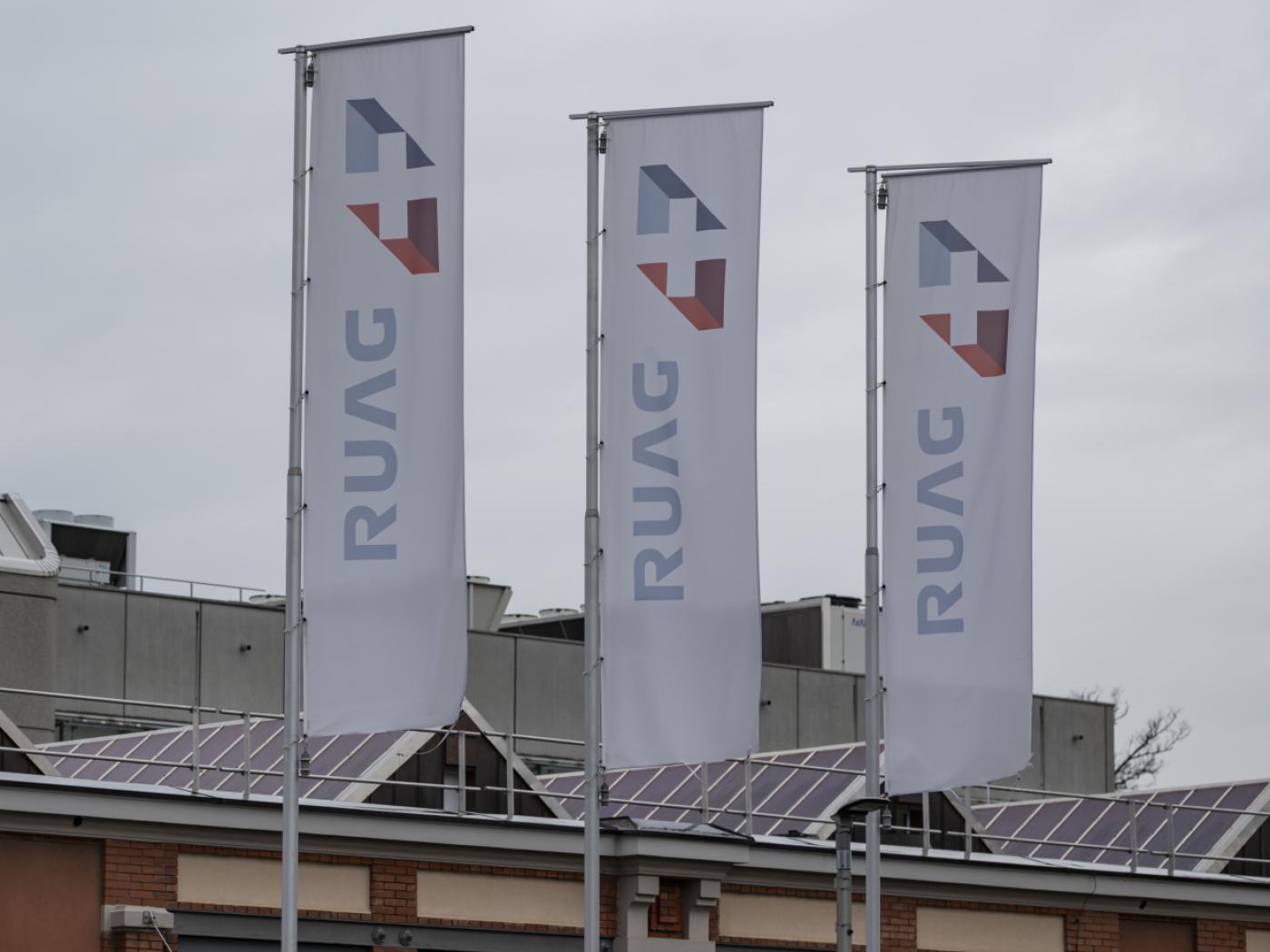A referendum calling for four weeks of paternity leave is currently working it’s way through the system.
This week, a government commission gave its verdict on the vote, recommending two weeks of paternity leave instead of the four set out in the referendum’s text. Their commission’s main concerns are centred on the impact on companies and the cost of funding it.
A recent Swiss study, which looked at literature published on the effects of parental, maternity and paternity leave between 2010 and 2017, concluded with a recommendation of 38 weeks of parental leave.
The advantage of a shared pool of parental leave is that it allows mums and dads to decide who is going to take time off. Systems offering generous leave to mums but not dads are inherently biased in favour of fathers’ careers.
In Switzerland, mums are guaranteed 14 weeks paid leave while many dads are guaranteed none.
A key sticking point for reform is cost. However, a 2010 study by the Federal Commission for Coordination of Family Questions (COFF), suggests the CHF 1.0 to 1.5 billion cost of parental leave of 18-20 weeks would be covered by extra tax revenue if it increased female workforce participation by 1%.
At the same time, the text of the paternity leave referendum envisages increases in social security taxes without mentioning how salary earners and companies might fill the hole left in their budgets from the rise.
In addition, the initiative does it mention the inequality that would remain if dads had 4 paid weeks off and mums 14.
Full story here Are you the author? Previous post See more for Next postTags: Editor's Choice,newsletter,Parenting,Personal finance




































